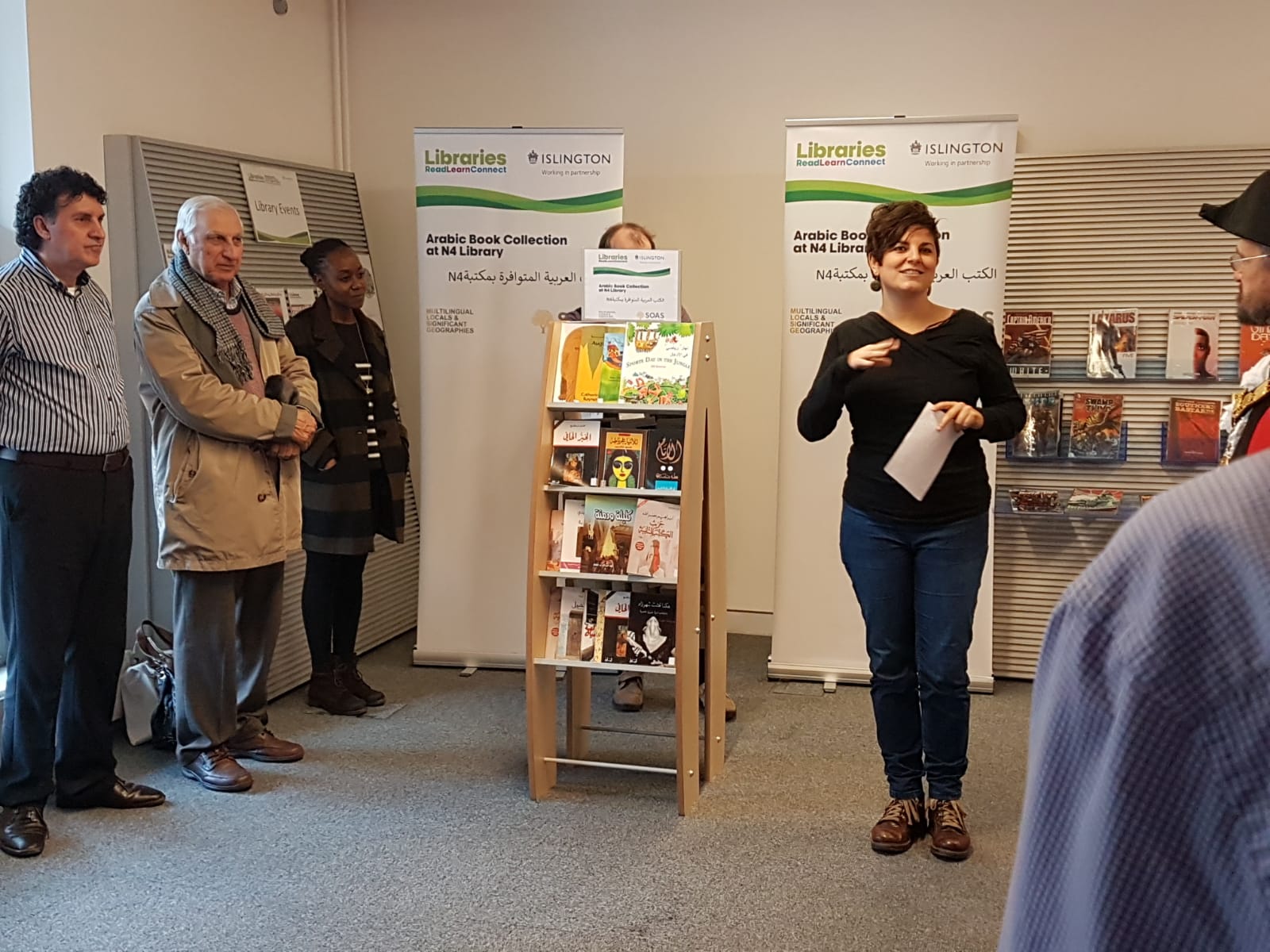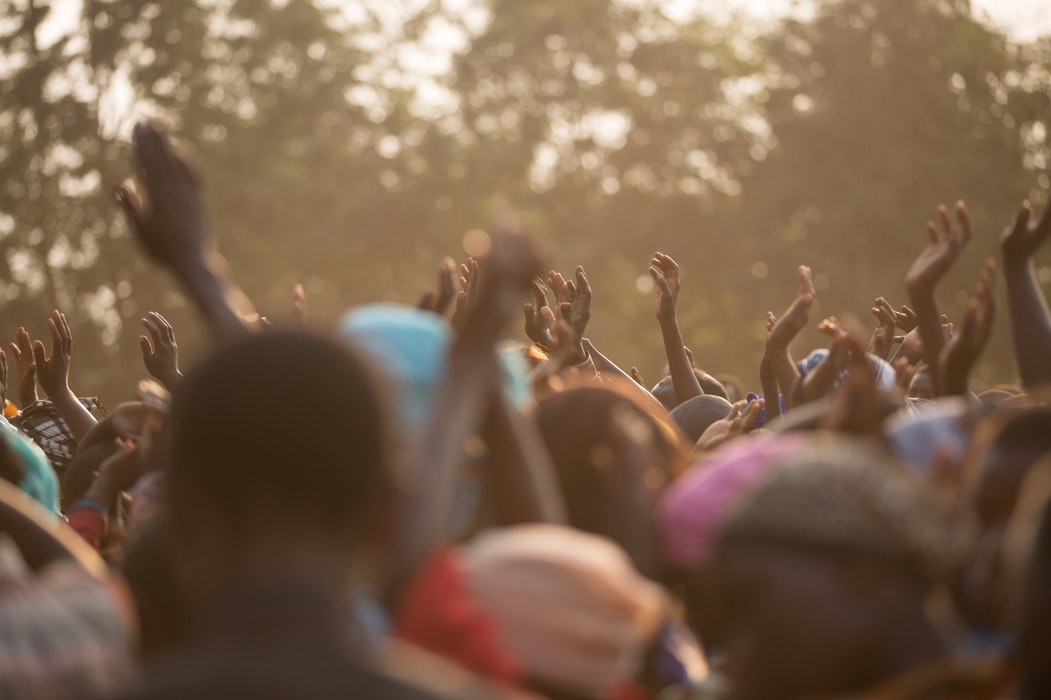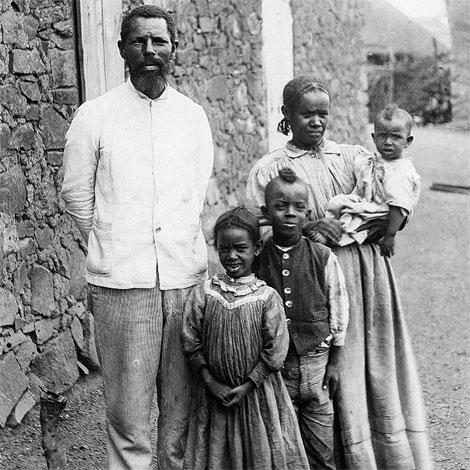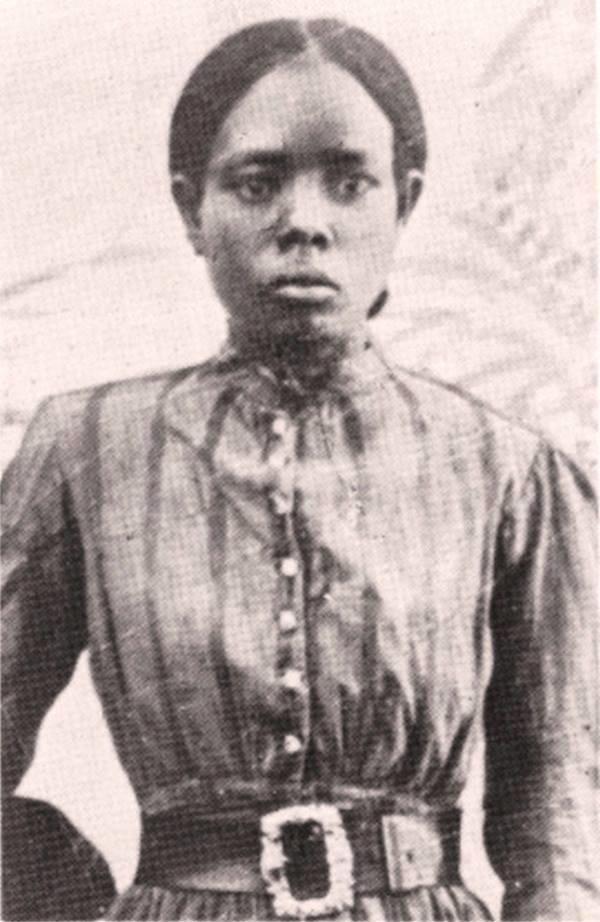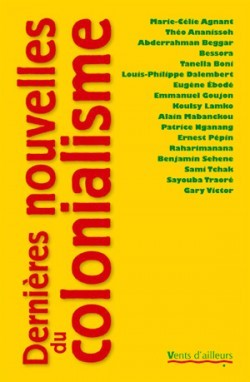MULOSIGE seeks texts with aesthetic value and literary significance, with the understanding that World Literature is much more than a means to ‘represent’ a language or culture to a Western audience. These can be literary texts in any of MULOSIGE’s target languages, critical studies that inform our understanding of literature, or English renderings of primary texts which we hope will reach a wider audience.
MULOSIGE London Libraries Project – English
MULOSIGE is working closely with the Council of Islington and a variety of community centres in a project to make London libraries more multilingual.
The Ethiopian Writers’ Association: Between Multilingual Openings and Monolingual Practice
When the association that claims to be “Ethiopian” restricts its policy and publications to the tradition of one language and presents that language as a representative of the country, the legitimacy of such a claim should be called into question.
Asoosama gabaabaa: A short story in Oromo
"I did not know it" tells the story of Ruufo Gurraachaa, a girl who survived the Surro massacre as a small child. Brought up by a perpetrator of the massacre and given in marriage to an old man who orchestrated the violence, Ruufo is unaware of her tragic past. Yet these secrets cannot stay hidden. As Ruufo discovers that her husband's past brutally connects with her own, she must decide whether or not to take revenge.
Barreessitoonni fi Qorattoonni Oromoo waa’ee Ogbarruu Oromoo Maal Jedhu?
Ayele Kebede Roba discusses Oromo literature in the Oromo language; centring discussions of world literature outside of the English language.
The Oromo Reader (1894): Oromo folksongs and the sorrow of exile
The second blog post on the history of Oromo folklore looks at The Oromo Reader (1894) compiled by Aster Ganno and Onesimo Nasib.
“A miniature Oromo academy in exile”: How former slaves pioneered Oromo studies
Dr Assefa Tefera Dibaba introduces the history of Oromo folklore studies.
Dernières nouvelles du colonialisme: legitimising collective memory in the face of legislative amnesia
Isadora Hutcheson-Lovett argues that "Dernières nouvelles du colonialisme" pushes back against French legislative power; demonstrating collective transnational memory in the face of France's metropolitan amnesia.
“Ach Ba Gá Dom Labhairt Leat:” An Foclóir Aiteach and the Presence of Queer Culture as Gaeilge.
Jenny Moran introduces An Foclóir Aiteach, a dictionary that writes queer terminology into the Irish language.


